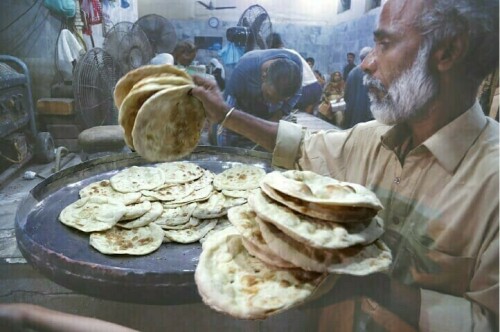ISLAMABAD: Even as the country’s major political parties endorsed plans to renew the military courts for another two-year term on Thursday, a former federal minister criticised flaws and corruption in the prosecution and investigation system that necessitated the establishment of alternative mechanisms of speedy justice.
The establishment of military courts was “a solution”, but not “the permanent solution” to the problem, said former information minister Javed Jabbar.
He was the keynote speaker at an event held to celebrate the completion of provincial human rights strategies, prepared by the Strengthening Participatory Organisation (SPO) in collaboration with the Ministry of Human Rights and the provinces.
Mr Jabbar also criticised patriarchal tribal and feudal systems prevailing in society and condemned the abuse of women’s rights, calling for legislation to curb such practices, which would be implemented in letter and spirit.
Human rights campaigners call for efforts to ensure all rights enshrined in Constitution
Mr Jabbar said that human rights were ingrained in all religions and cultures and rejected the notion that this was “western-driven propaganda” or “NGO agenda”.
“We are living in a period where the human rights of individuals and vulnerable groups are usurped by states, religious and powerful groups and the media. There are certain states in the world which are fighting for their rights,” he said, citing the example of Yemen, Palestine, and other conflict-stricken countries.
“It took centuries for developed societies to strengthen democratic institutions and protect civil liberties,” he said.
“In today’s world, humanity is facing a new scourge of extremism, terrorism, and intolerance, which is also a violation of human rights. In the face of this challenge, governments, civil society and rights campaigners need to synergise their efforts to fight this scourge and protect human rights.”
The event, which was attended by diplomats, government representatives and rights campaigners, called for collaborative efforts, awareness and institutional mechanisms at federal, provincial and grassroots level for the protection and promotion of the rights enshrined in the Constitution, as well as international treaties ratified by Pakistan.
William Middleton of the British High Commission recalled Quaid-i-Azam Mohammad Ali Jinnah’s message, saying that Islam taught “democracy, equality, justice and fair play to everybody”.
“We are the inheritors of these glorious traditions and are fully alive to our responsibilities and obligations as framers of the future constitution of Pakistan,” he quoted Jinnah as saying.
He appreciated the legislation and steps taken by Pakistan so far, such as providing greater protection for women from violence and harassment, greater equality for religious minorities, and strengthening the protection of children from abuse.
“But the considerable effort that went into changing the law will be squandered unless the laws are fully and effectively implemented,” Mr Middleton cautioned.
He stressed the need for strengthening institutions and raising awareness of citizens’ fundamental rights as the first step to ensuring that everyone is treated equally.
“This is undoubtedly an ambitious agenda and that ambition needs to be realised,” Middleton said, expressing his optimism this could be done with the collaborative efforts of the provincial administrations, civil society, the media, professional organisations and international partners.
Ministry of Human Rights Director General Mohammad Arshad elaborated the national and provincial policy strategies and steps taken by the governments for protection and promotion of on human rights.
He said Pakistan had ratified a number of international conventions on civil and political rights, economic, social and cultural rights, as well as the elimination of all forms of racial and gender discrimination, child rights and persons with disabilities. “The government is translating these commitments into policy and legislation,” he said.
Published in Dawn, March 17th, 2017















































Dear visitor, the comments section is undergoing an overhaul and will return soon.